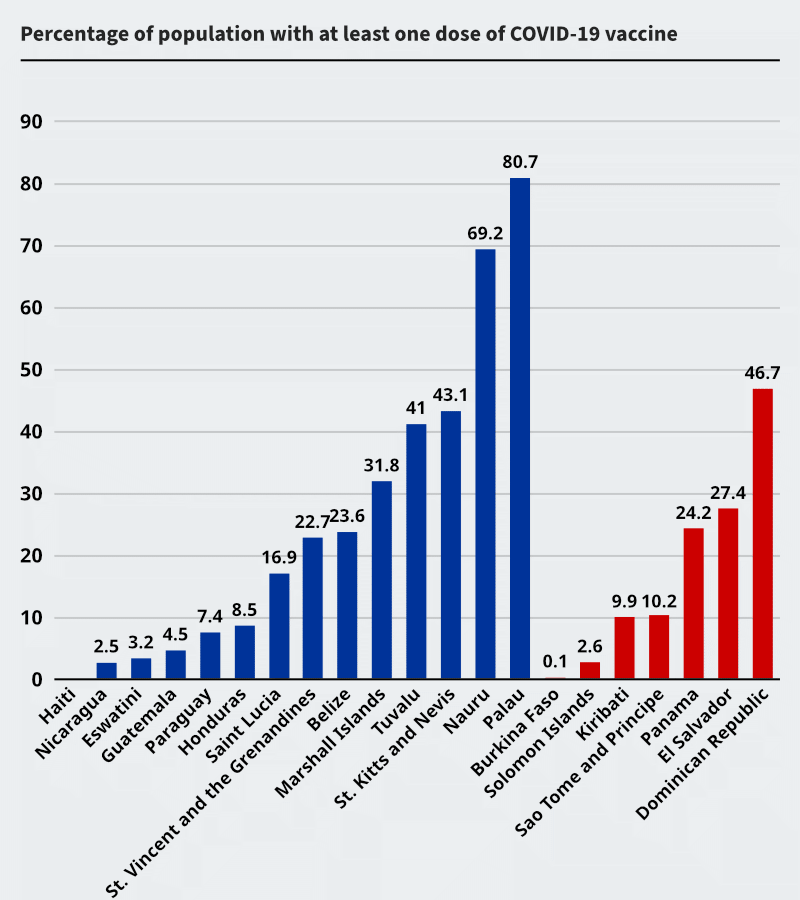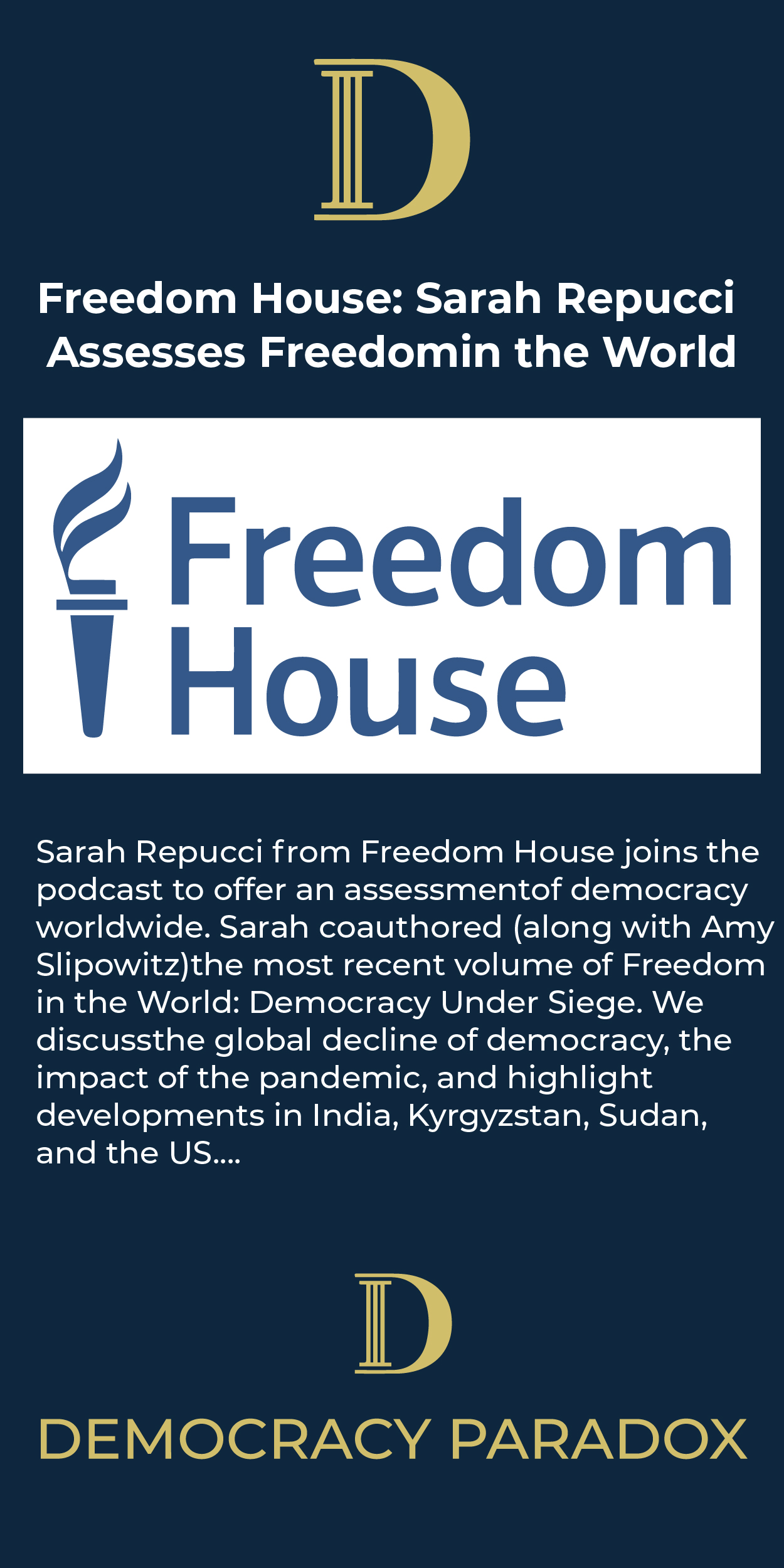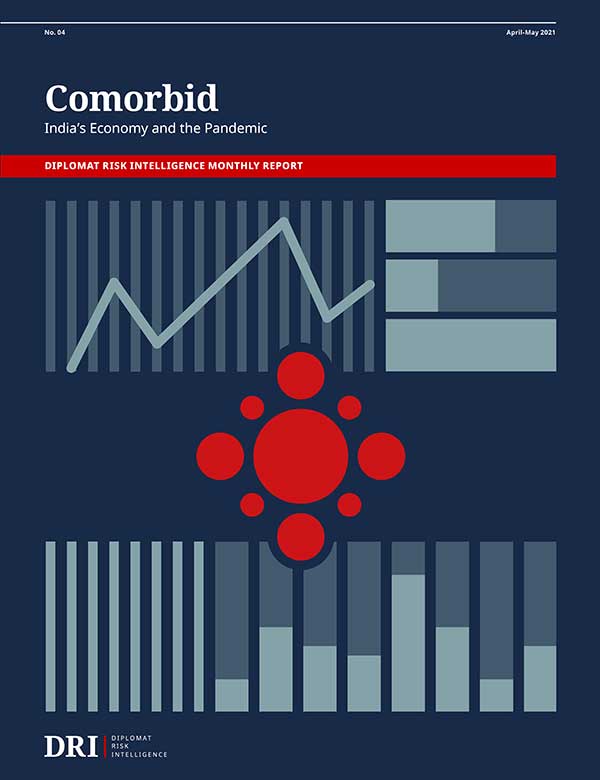| Welcome to the latest issue of Diplomat Brief. This week our top story looks at Turkmenistan’s attempt at digitalization, which fits snugly with domestic political incentives. We also have an interview with Noriko Hama, research director at the Center for Economic and Policy Studies in the Mitsubishi Research Institute in Tokyo, about the Olympics and Japan’s economy. |
| Story of the week |  | POLITICS Serdar Berdimuhamedov and Turkmenistan’s Digital TransformationWhat Happened: Serdar Berdimuhamedov is being positioned to succeed his father, Gurbanguly Berdimuhamedov, as Turkmenistan’s president one day. As part of that plan, he is also being assigned the reins of the country’s transition to the digital age. It’s part actual agenda, part myth-making exercise, as Gurbanguly wants to build an image of his son as a digitally-savvy leader. Our Focus: “When properly administered, digitalization does yield significant economic and social benefits for the public; however, in Turkmenistan’s case, digitalization is as opaque a business as any other matter of the state,” writes Rustam Muhamedov, an independent researcher from Turkmenistan, for The Diplomat. “…State bureaucrats rush to launch websites and platforms to avoid a presidential reprimand, which results in many of these platforms having outdated information and limited functional capacity.” What Comes Next: Turkmenistan’s digital evolution may be deeply flawed, but it is driven by strong incentives: the prospect of increased government control, as well as financial riches for the Berdimuhamedov clan. Expect digitalization to remain a watchword in Turkmenistan, and Serdar to remain deeply involved as the heir apparent. Read this story |
| Behind the News | INTERVIEW Noriko HamaNoriko Hama, research director at the Center for Economic and Policy Studies in the Mitsubishi Research Institute in Tokyo, on the Olympic impact on Japan’s economy: “Costs are being incurred for putting the Games on while corresponding revenue flows will not be forthcoming given the zero-spectator measure… Under these circumstances I find it difficult to identify any net positives arising from the events.” Read the interview |
| This Week in Asia | Northeast Asia Even as COVID-19 Infections Rise, Tokyo Opens Its OlympicsTokyo is in the middle of yet another rebound in COVID-19 infections, but that hasn’t stopped the Olympic Games from barreling ahead. The Tokyo Olympics, already postponed from 2020, will kick off on July 23, despite public opposition in Tokyo and cases of athlete infections already. Japan’s Prime Minister Suga had vowed that the Tokyo Olympics would symbolize “human victory against the coronavirus”; at present, the reverse outcome looks to be more likely. Find out more | South Asia Terror Attack Targets CPEC Project in PakistanOn July 14, nine Chinese nationals and three Pakistanis were killed in a bomb attack targeting their bus, which was headed to a construction site for a Chinese hydropower project in Khyber Pakhtunkhwa province. It was the latest in a string of attacks targeting the Chinese presence in Pakistan. Investigations continue into which group was behind the attack, but it does not bode wellfor CPEC’s future that there are multiple possible attackers. Find out more | Southeast Asia U.S. Defense Chief to Embark on Southeast Asia TripU.S. Defense Secretary Lloyd Austin will this week depart on a visit to Southeast Asia, involving stops in Singapore, Vietnam, and the Philippines. The tour follows a virtual meeting between Secretary of State Antony Blinken and his Southeast Asian counterparts on July 14, and, according to the Pentagon, is intended to “underscore the enduring U.S. commitment to the region.” But the Biden administration faces an uphill battle in countering the Southeast Asian skepticism about its economic and diplomatic engagement with the region. Find out more | Central Asia Russia Hedging in Central Asia, Worried About AfghanistanDepending on which reports you read, Russia either doesn’t want to hear anything about U.S. bases in Central Asia to keep tabs on Afghanistan or is contemplating letting U.S. forces use Russian facilities in the region to operate. The reality is Moscow is hedging its bets: It doesn’t want Washington to find a permanent new regional home, but also wants help guarding against the destabilizing effects of an imploding Afghanistan. Find out more |
| Visualizing APAC |  | While China is one of the world’s major suppliers of COVID-19 vaccines, Taiwan’s diplomatic allies (in blue) haven’t fared noticeably worse in vaccination rates than the seven countries (in red) that most recently switched their recognition from Taipei to Beijing. See the full picture |
| Word of the Week | ECONOMY 메뚜기시장Maeddugi shijang, Korean for “grasshopper markets,” referring to small-scale unofficial markets in North Korea. They get their name from the traders’ need to jump away like grasshoppers should the authorities arrive. Find out more |
|  |





